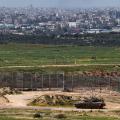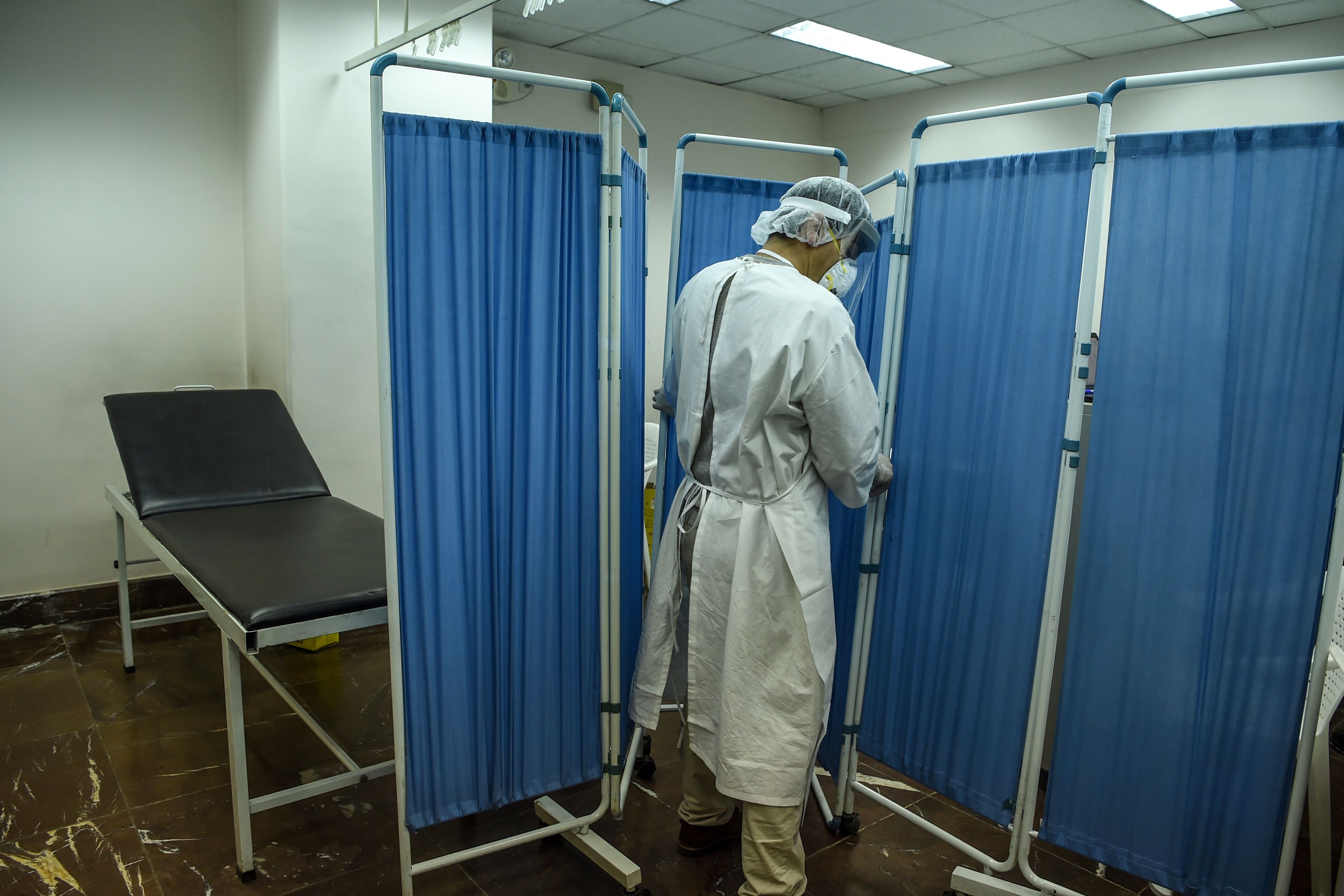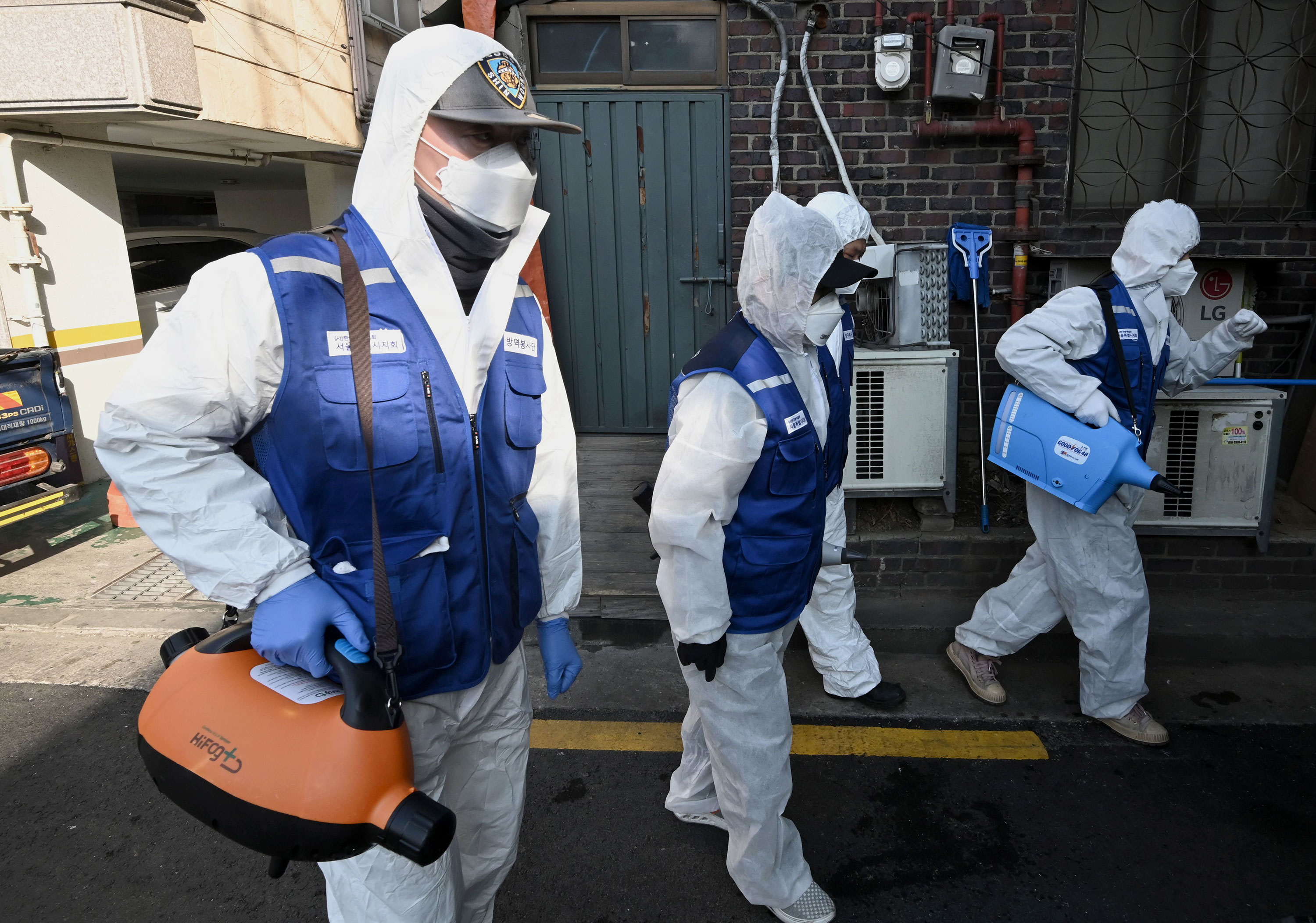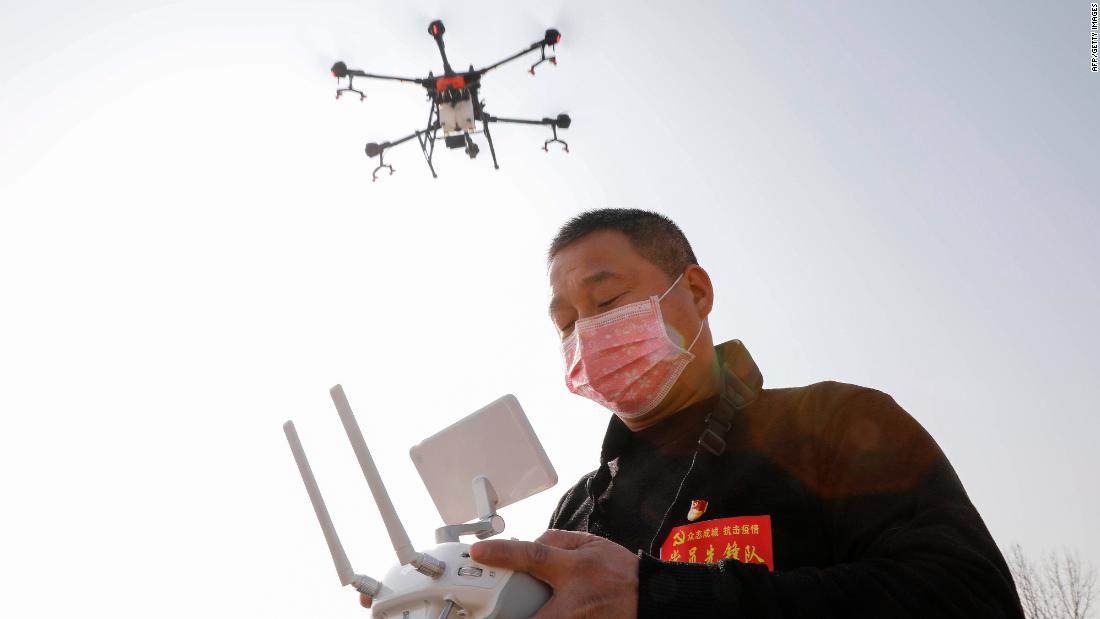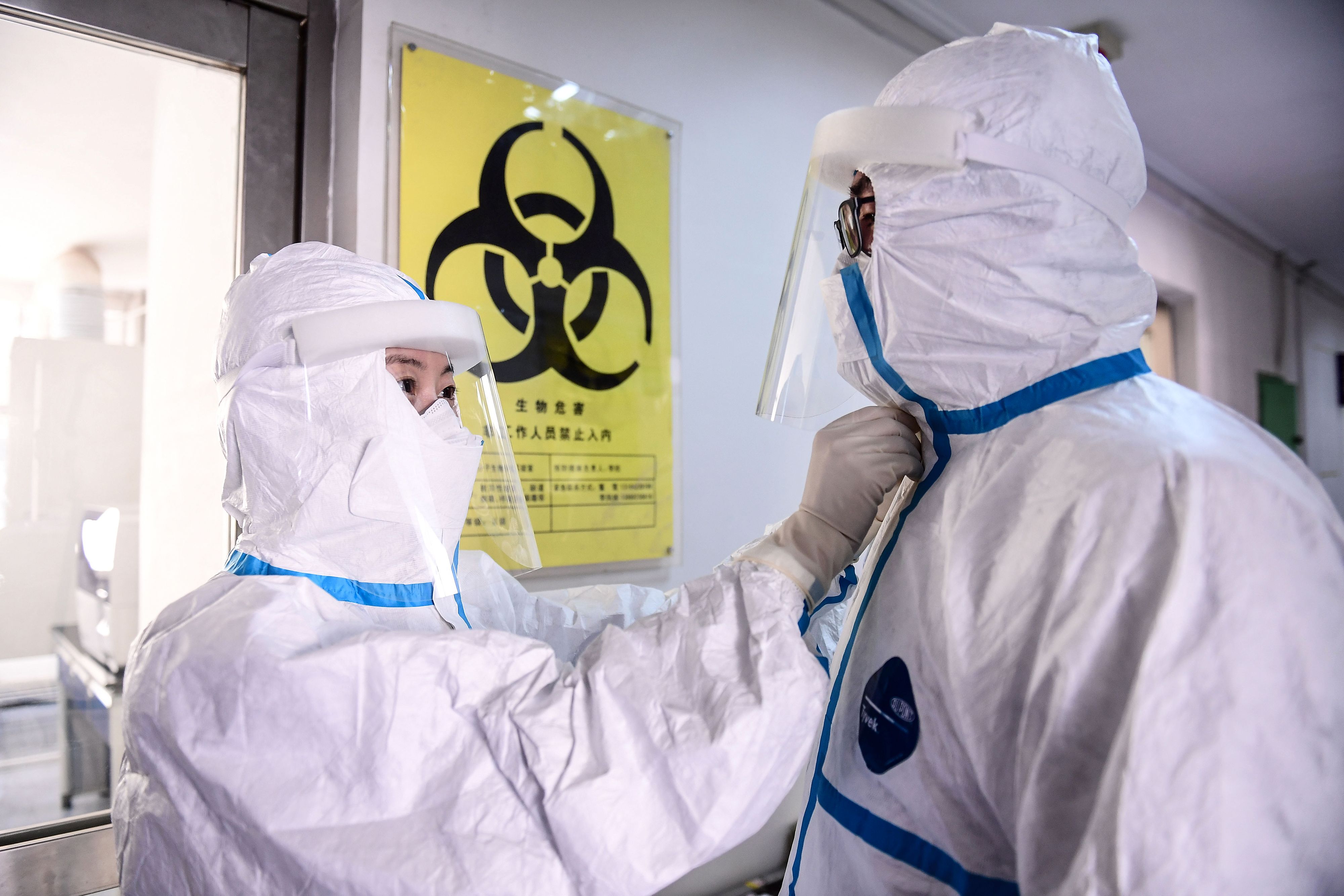
Six Chinese provinces have lowered their coronavirus emergency response levels, according to local health commissions.
Liaoning, a province in northeastern China that borders North Korea, was the first to downgrade the coronavirus emergency response level from the highest level -- Level 1 -- to Level 3 on Saturday, according to a statement by the provincial government.
Shanxi, Guangdong, Yunnan, Gansu, and Guizhou provinces also downgraded their levels on Sunday and Monday. All previously had the highest response levels; Shanxi and Guangdong lowered the response to Level 2, while Yunnan, Guizhou, and Gansu provinces downgraded the response to Level 3.
What this means: China has a four-tier emergency response system for natural disasters, accidents, public health emergencies, and social security incidents. The highest level mandates the State Council to lead the coordination work in response to the emergency.
Lowering the emergency response levels will give local governments more autonomy and flexibility in implementing epidemic control efforts and resuming economic activities.


